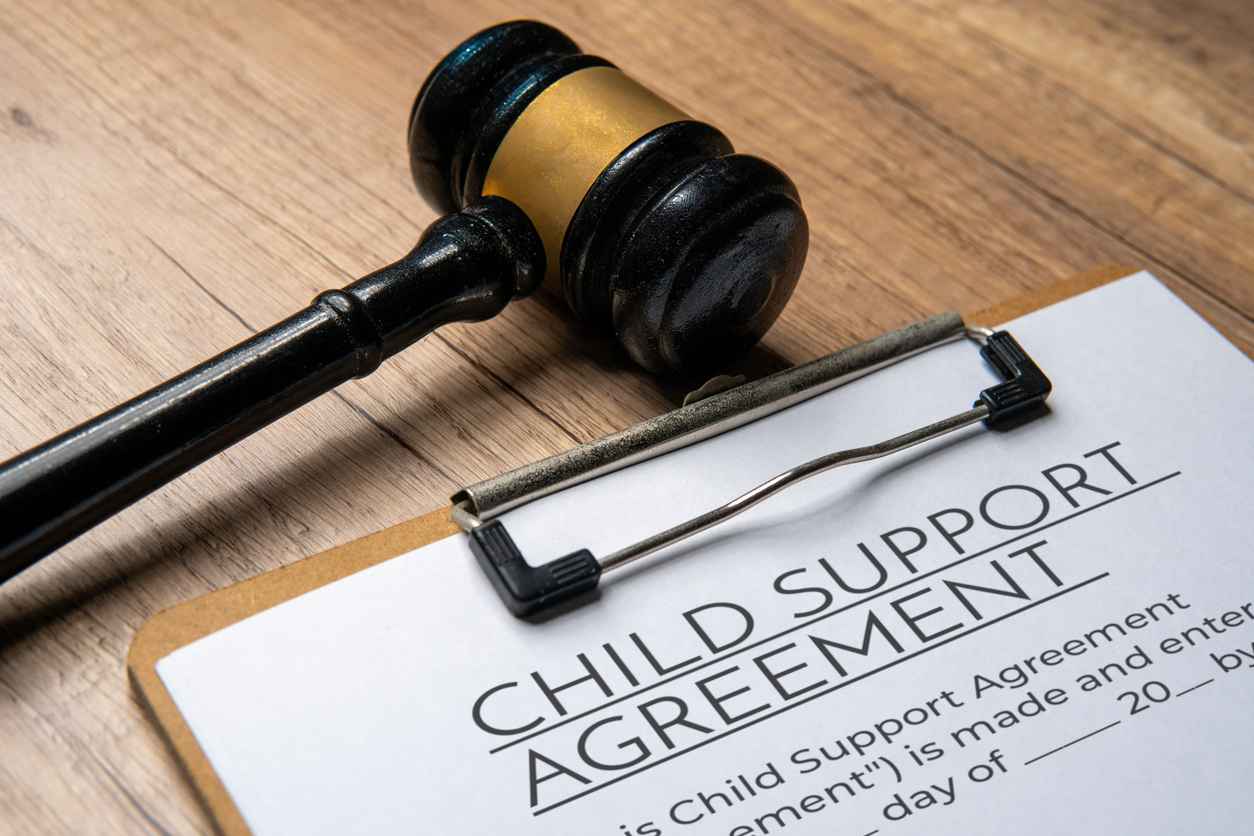100 Overlook Center, Fl. 2 Princeton, NJ 08540
OUR BLOG
Legal Resource Center

How Divorce Impacts Your Taxes: What You Need to Know
August 29, 2025
Understanding Divorce and Taxes in New Jersey
Divorce is a life-changing event that can affect many areas of one’s personal and financial life, including taxes. Understanding the tax implications of divorce is crucial for planning one’s finances and avoiding unexpected liabilities.
At Hofmann Law Firm, LLC in Princeton, NJ, divorce attorney Keith Hofmann helps clients navigate the legal and financial aspects of divorce, including its impact on taxes.
1. Filing Status After Divorce
Your filing status can change depending on when your divorce is finalized.
- Single: If your divorce is finalized by December 31 of the tax year, you typically must file as single.
- Head of Household: If you have a dependent child and meet IRS requirements, you may qualify as head of household, which offers a higher standard deduction.
- Married Filing Separately: Couples still legally married at year-end can choose this status, which often results in higher taxes.
Your filing status directly impacts tax rates, deductions, and credits, so it’s important to choose correctly.
2. Alimony and Spousal Support
Taxes on alimony depend on when your divorce agreement was finalized:
- Divorces finalized before 2019: Alimony is tax-deductible for the payer and considered taxable income for the recipient.
- Divorces finalized after 2018 (new tax law): Alimony payments are not deductible, and recipients do not pay taxes on them.
This change significantly affects financial planning, so consulting a knowledgeable attorney and accountant is recommended.
3. Child Support and Tax Implications
Child support payments are not tax-deductible for the payer and are not taxable income for the recipient. This means child support is considered a personal expense and does not affect your tax return directly. However, custody arrangements can influence which parent claims the child as a dependent for tax benefits.
4. Property Division and Taxes
Dividing property during a divorce can have tax consequences:
- Real Estate: Transferring your marital home as part of the settlement generally does not trigger immediate taxes if ownership changes are part of the divorce agreement.
- Investments and Retirement Accounts: Transferring stocks, bonds, or retirement accounts can have tax implications, especially if distributions are taken or accounts are cashed out improperly.
- Capital Gains: Selling assets received during a divorce may result in capital gains taxes, depending on how long you’ve owned the property and its appreciated value.
A skilled attorney ensures property division is structured to minimize tax exposure.
5. Retirement Accounts
Dividing retirement accounts (401(k)s, IRAs, pensions) can be complicated:
- Qualified Domestic Relations Order (QDRO): For many retirement plans, a QDRO is necessary to transfer assets without incurring early withdrawal penalties or taxes.
- IRA Transfers: If done correctly, IRAs can be transferred between spouses without tax consequences as part of a divorce settlement.
Proper handling of retirement accounts is critical to protecting your financial future.
6. Timing Matters
The timing of your divorce can affect taxes. For example, finalizing a divorce late in the year could impact your filing status, exemptions, and credit eligibility. Planning ahead can help you maximize deductions and minimize liabilities.
7. Work with a Skilled Family Law Attorney in Princeton, NJ
Divorce involves many complex legal and financial issues, and taxes are a key part of that picture. At Hofmann Law Firm, LLC in Princeton, NJ, we provide guidance to help you understand the implications of your divorce, including alimony, child support, property division, and retirement accounts. By planning carefully, you can protect your financial future and avoid unnecessary tax consequences.
If you’re navigating divorce in New Jersey, contact Hofmann Law Firm, LLC today for guidance on protecting your financial and legal interests.
Recent News

February 27, 2026

November 20, 2025

May 30, 2025

February 28, 2025

November 27, 2024

August 30, 2024

May 30, 2024



